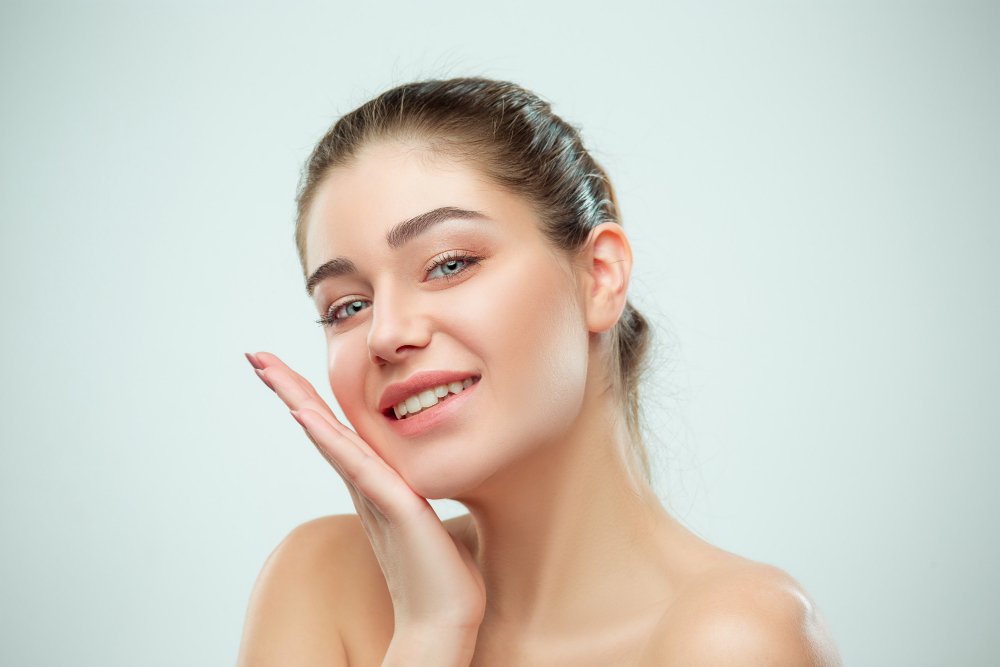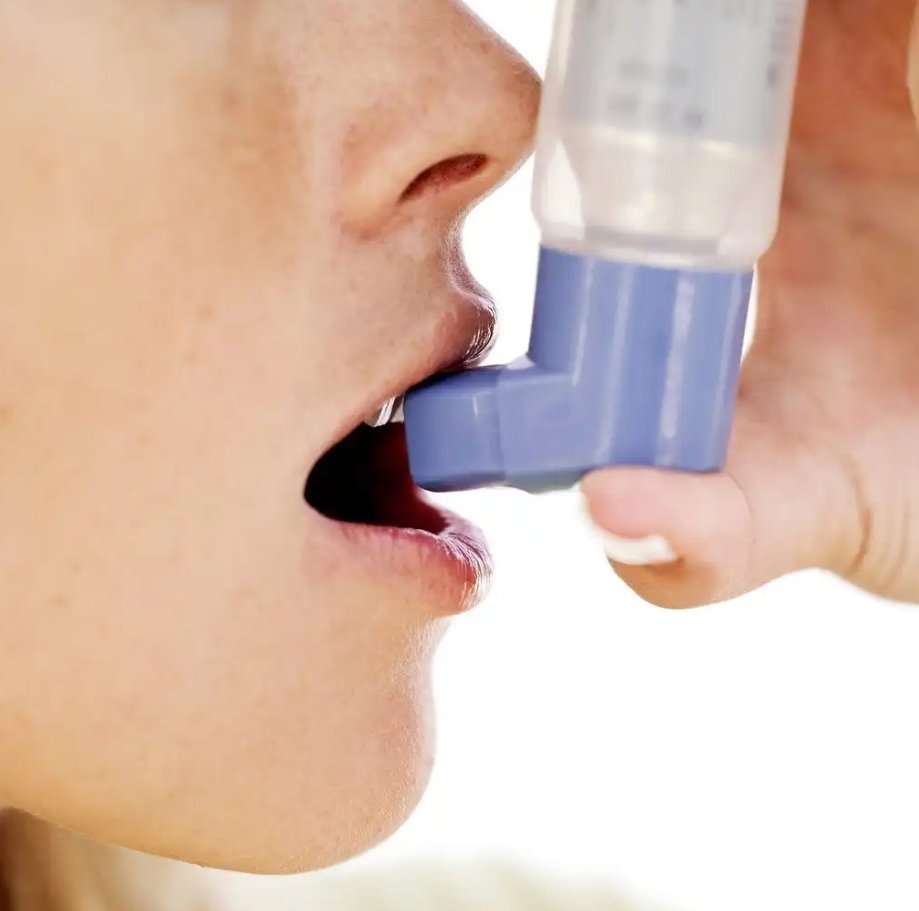Retinoids are present in many over-the-counter cosmetics and skincare products. But what about tretinoin? Only those with a prescription can have access to this more potent topical retinoid. Let’s talk about how to use tretinoin safely to get skin that looks better and reduces side effects.
How to use tretinoin
The ingredient tretinoin is present in many skincare products, including gels, ointments, and creams. The goal while using this drug to treat any skin issue is to achieve a good balance between its therapeutic and adverse effects. Rapid routinization, often known as prescribing tretinoin formulas with lower tretinoin concentrations for longer periods as opposed to formulas with greater tretinoin concentrations for shorter periods, is still a contentious topic. Buy tretinoin cream to hasten the most popular method of replacing older skin with newer skin.
In addition to adhering to your doctor’s recommendations, the following suggestions for using tretinoin cream are also provided:
- Wash your face gently with a cleanser before gently patting it dry. Avoid using strong soaps because they can irritate your skin.
- Apply a little layer of tretinoin every night before you go to bed. Put a tiny bit on your chin, forehead, and cheeks. Avoid applying the chemical near your lips, eyes, or nose’s corners, and spread it evenly over the entire area.
- Use exactly the recommended dosage; going beyond it could exacerbate your skin irritation rather than hasten the recovery process.
- Use a good night cream or moisturizer after using tretinoin to lessen skin irritation.
- Tretinoin may cause dry, flaky skin at first; start with 2-3 times per week and increase as tolerated.
- Use sunscreen (SPF 15+) regularly and moisturize your skin well.
- For prolonged sun exposure, reapply SPF 50+ lotion every two hours.
- Up to 16 weeks may pass before the medication’s full effects become apparent.
- If you are trying to get pregnant, are already pregnant, or are unsure of your status, use it with caution (especially if you are having IVF or fertility treatment).
Tretinoin dose intervals
The answer is yes, but you may not want to at first, and for some people, applying Tretinoin 0.1 cream every night may never be a desire.
Tretinoin can irritate and make the skin peel when first used. To combat this, apply tretinoin to your skin every third night, then every other night, and finally every night as your skin can handle it.
Depending on how well you are handling the medication, you ramp it up at a different pace. Your healthcare practitioner can help you determine what dose regimen is right for you.
Explain tretinoin
Tretinoin is a retinoid, or vitamin A derivative, made of retinoic acid. Retin-A is one well-known brand. It is a strong anti-aging and anti-acne treatment when applied to the skin.
Tretinoin is an extremely strong drug that is only available with a prescription and has potentially harmful side effects. effects. One of the things that makes this treatment effective is the fact that it starts working on the skin immediately after application. On the other hand, OTC Retinol solutions are less effective and need to undergo a conversion process before being used on the skin.
Skin conditions have traditionally been treated with retinol. It alleviates skin issues by quickening the cellular cycle of the skin. It quickly enters the skin layers and regulates cellular activity, including how quickly skin cells reproduce.
There are several tretinoin formulations and strengths available. Your dermatologist or another healthcare practitioner who prescribes tretinoin will work with you to choose the right dosage and form for you. They can also help you choose how frequently to use the drug for different conditions, such as anti-wrinkle or anti-acne.
Benefits of tretinoin
Tretinoin can have a significant overall effect on a variety of skin disorders, but for it to be effective for you and prevent unpleasant, severe side effects, you must carefully adhere to your healthcare provider’s instructions.
The benefits of tretinoin include:
aged-defying outcomes
Tretinoin’s anti-aging effects include the smoothing of the skin and the reduction of fine lines and wrinkles; it does this via several methods, including increased cell turnover. Tretinoin cream 0.025 assists your skin in shedding its unhealthy or dead cells to expose the healthy skin underneath. By preventing and ultimately boosting collagen synthesis, it also keeps your skin flexible and fights the effects of aging.
anti-acne characteristics
Tretinoin cures acne by helping to keep the skin pores open. Numerous studies have shown that it is an effective treatment for both inflammatory and noninflammatory acne. Reduced adhesion of dead skin cells prevents pore clogging and outbreaks, including blackheads, whiteheads, and zits.
To cure acne, tretinoin also shrinks pores and has anti-inflammatory qualities. Finally, it helps control the greasy sebum that the skin’s sebaceous glands secrete.
Retinol or tretinoin: which is better for the skin?
minimises hyperpigmentation
Tretinoin aids in reducing the darker skin patches known as hyperpigmentation by increasing the skin’s cellular turnover in the hyperpigmented area. Furthermore, it can speed up the appearance of asymmetric skin pigmentation after acne, giving the skin a more even tone.
Risks and adverse effects of retinoids
Serious itching, skin flaking, extreme redness, burning sensations, and irritation are some of the worst side effects of retinol. You can control these reactions, which can be especially potent when you start tretinoin or increase the dose, by being cautious and giving your skin time to get used to it.
Over numerous days and weeks of use, your skin will become more resistant to tretinoin. But while you wait, consider reducing your tretinoin dosage or using it less regularly.
problems with the safety of tretinoin
Tretinoin (and other retinoids) should not be used during pregnancy due to the risk of fetal harm. When using any oral retinoid (like Accutane), you must use two methods of contraception if you are of reproductive age. Additionally, your doctor might advise you to run a negative pregnancy test ahead of time and to check on your pregnancy often.
Topical tretinoin does not have any particular contraceptive needs. However, if you are expecting or trying to get pregnant, you should not use the product.
Considerations before using tretinoin
- Apply tretinoin at night and avoid the sun.
- UV radiation from the sun reduces the potency of the active substance. Furthermore, tretinoin might make your skin more sensitive and vulnerable to sunburn. It’s acceptable to use tretinoin during the sweltering heat. Use sunscreen and shade to limit your exposure to the sun, even on cloudy days.
- Tretinoin and other ingredients used in cosmetics may interact negatively. Avoid anything that makes your skin dry when using tretinoin. Avoid using astringents, salicylic acid, resorcinol, lime, spices, and sulfur.
- Cover your face with a scarf or another face covering when it’s windy or chilly because tretinoin may make you more sensitive.
Also read : 5 Health Benefits of Coffee for Healthy life



